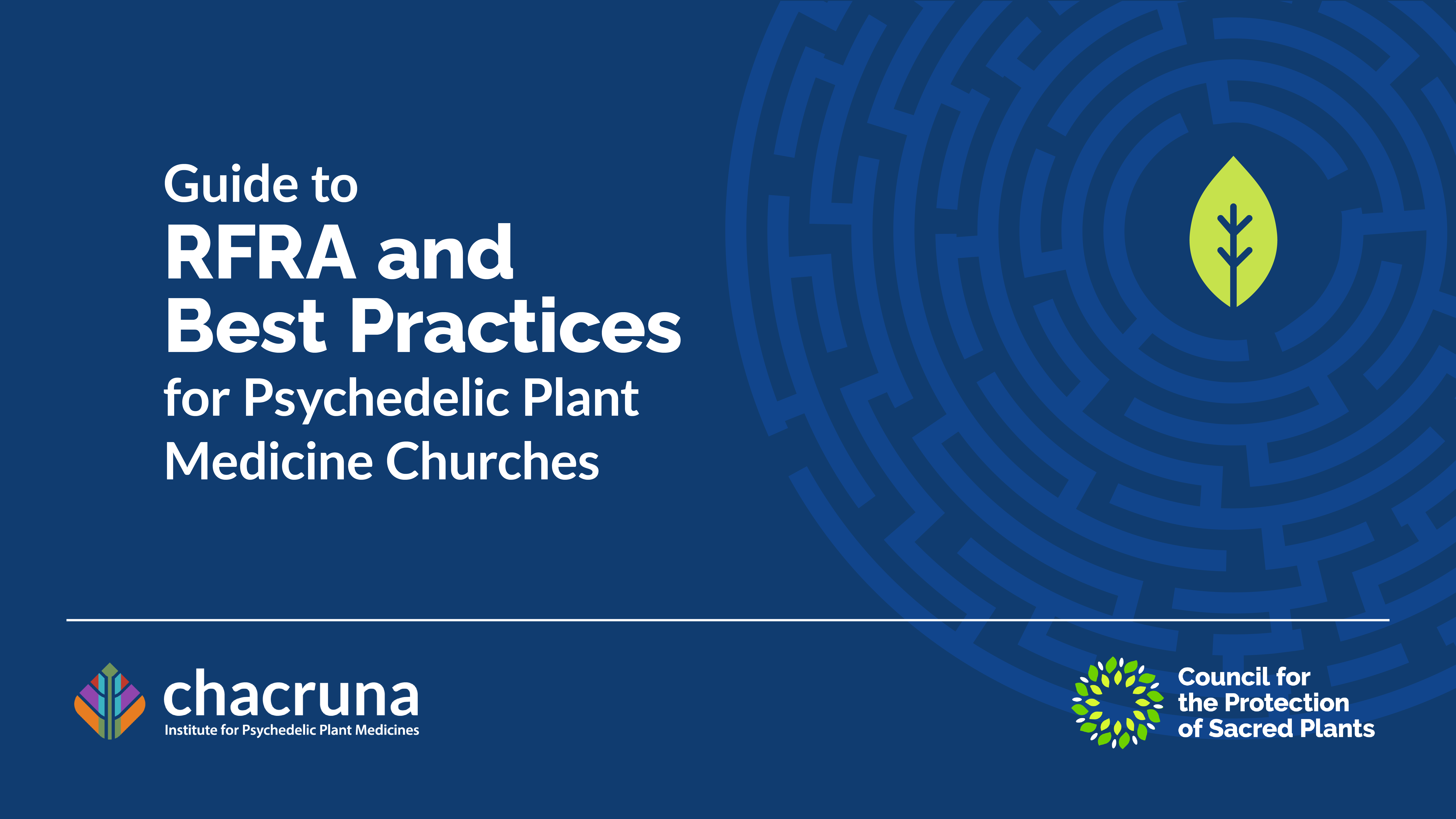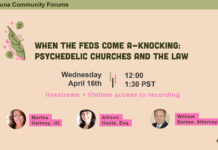- Meet Chacruna at Psychedelic Science 2025 - May 27, 2025
- Psychedelics and Attachment: Fundamentals, Implications, and New Frontiers - May 16, 2025
- Development Outreach Internship (OPEN) - May 6, 2025
Chacruna Institute for Psychedelic Plant Medicines & Hoots, A. (2021). Guide to RFRA and Best Practices for Psychedelic Plant Medicine Churches. San Francisco, CA: Chacruna Institute for Psychedelic Plant Medicines.
This Guide gives churches using psychedelic plant medicines as sacrament in religious exercise in the United States the knowledge to understand the framework through which protection is offered under the Religious Freedom Restoration Act (RFRA). RFRA rights may be a claim or defense when burdened by the government and may become an affirmative legal right with an exemption from the Controlled Substances Act. The Guide also explains incorporation, tax-exempt status, pre-screening procedures, limiting liability, and other aspects of operation in this context. While RFRA automatically provides protection for sincere religious exercise, not every church using psychedelic plant medicines will be exempt from criminal prosecution solely on the basis of religious use. There is a balancing test under RFRA that will be applied where the whole of a church’s religious beliefs and spiritual practices will be scrutinized – but scrutiny will be applied to the government’s interests in prohibiting this use, as well. By understanding this RFRA test, the law, government criteria, and the history of previous court and government agency decisions and analysis, as detailed by this Guide, a church may make informed decisions in how it articulates its sincere beliefs and operates.
Click here to download

This Guide is written to provide a clear summary of the laws, corporate procedures, and practical considerations that can inform the operation of psychedelic plant medicine churches in the United States. We believe that information is power, and it is this Guide’s intent to empower plant medicine churches with sincerely held religious beliefs. An understanding of the law and legal decisions relating to the Religious Freedom Restoration Act will give crucial context to how psychedelic plant medicine churches navigate their right to religious exercise. Our hope is to create a comprehensive and digestible resource with relevant legal analysis and operational considerations for both attorneys and religious practitioners.
Allison Hoots, Esq., Chacruna’s Council for the Protection of Sacred Plants.
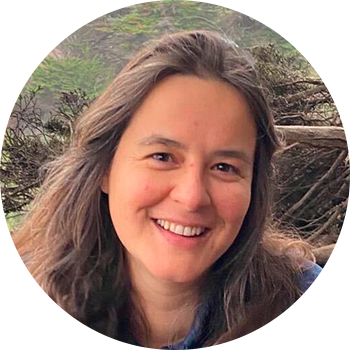
There are hundreds of sincere and legitimate plant medicine communities operating in the United States living under uncertain conditions. The Religious Freedom Restoration Act (RRFA) provides no definition for “religion,” thus courts have been left to develop their own criteria. This Guide teaches communities to learn about their rights, and how to better protect themselves. When we talk about religious “liberty,” it does not mean we are aligned with libertarian views. Far from these conservative and formal meanings, we are interested in “freedom” in a broad sense, meaning the freedom to experience the full range of our potential, and the liberty to engage in psychedelic culture and to explore its possibilities within the social realm. It’s also important to note that when we evoke “liberty,” we are also talking about “responsibilities and obligations.” If we have rights, we also have obligations! This guide provides instructions on how to better follow legal requirements and protocols, including everything from the big picture to small details. It is a must-read for every single sincere practitioner in this country.
Bia Labate, Ph.D, Chacruna’s Executive Director.
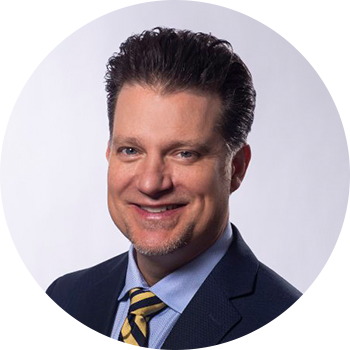
The psychedelic renaissance is expanding rapidly, but the law moves slowly. In the time it will take to fully decriminalize and ultimately legalize plant medicine, practitioners are at risk due to outdated, limited, and ignorant laws that criminalize natural medicines or sacraments. Chacruna’s Guide to RFRA and Best Practices for Psychedelic Plant Medicine Churches is essential reading for those engaged in the spiritual use of entheogens. This Guide provides a primer for plant sacrament churches that will enrich their practices, save money by supplementing legal advice with educational information, and ultimately provide potential meaningful protection under state and federal laws. In my law practice, I see many people operating under urban myths around plant sacrament legality. This Guide provides a clear presentation of the actual legal issues around plant sacrament use. Anyone engaged in this work should read this Guide.
Sean McAllister, Esq., Chacruna’s Board of Directors

This guide provides a broad and in-depth overview that people can use to figure out how to best organize themselves and document their bona fides. It’s also a good tool that Chacruna can use to engage people about these issues and refer them to informed lawyers when appropriate. It underscores Chacruna’s commitment to empowering the wellbeing of the community.
Robert Heffernan, Chacruna’s Council for the Protection of Sacred Plants Program Director.
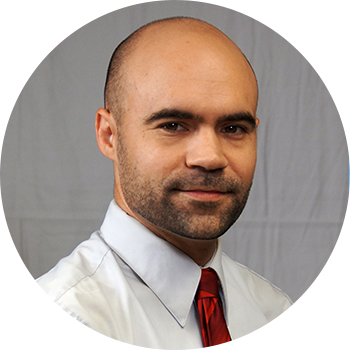
It is essential for the safe and free religious practice of psychedelic plant medicine churches that they have access to reliable information on best practices for operating their communities as legal organizations in the United States. The Church Guide is an educational deep-dive into the legal caselaw that can show churches what they already are doing well, and what blind spots they may have about their organizational structure and operations.
Brian Anderson, MD, Chacruna’s Board of Directors.
Take a minute to browse our stock:
Did you enjoy reading this article?
Please support Chacruna's work by donating to us. We are an independent organization and we offer free education and advocacy for psychedelic plant medicines. We are a team of dedicated volunteers!
Can you help Chacruna advance cultural understanding around these substances?


